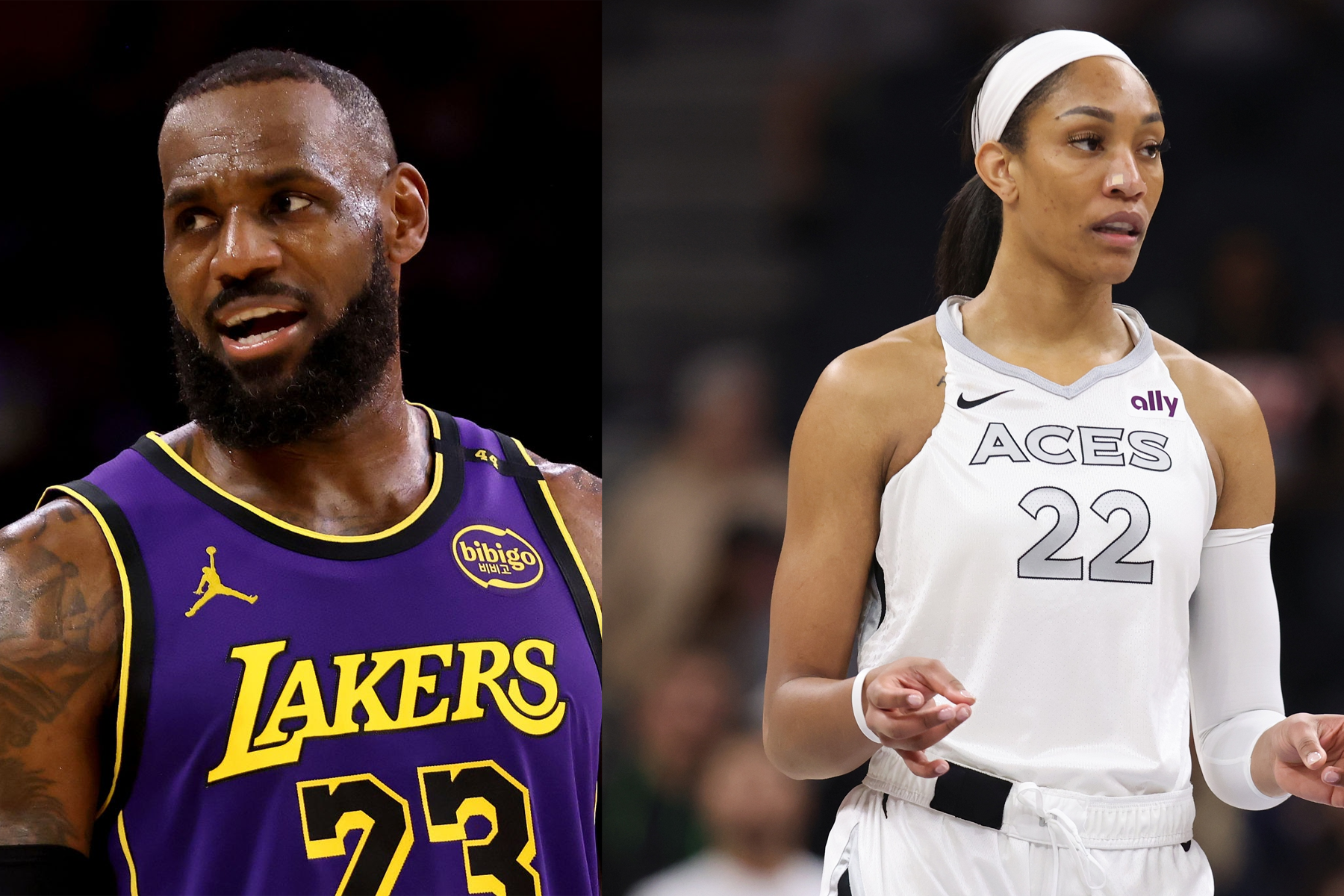Social media has become a platform for athletes to cultivate their public personas and secure professional opportunities, but the ways athletes present themselves — and the expectations placed on them — are deeply influenced by gender.
While men’s league athletes are often celebrated for their athletic accomplishments, women’s league athletes face different scrutiny, where their media representation is shaped by societal norms, traditional gender roles and commercial interests.
Existing research highlights the inherent connection between social media and athletes branding. Studies show that women’s athletes continue to receive less media coverage than their gender counterparts, and when they do, the focus often shifts away from their athletic achievements to their personal lives, appearances and endorsements.
The article “Branding Strategies of Human Brands in Sports on Instagram” found that while both men’s and women’s athletes rely on social media for branding, women’s athletes are significantly more likely to emphasize appearance-based attributes in their online presence. For example, Serena Williams’ Instagram posts contained branding related to physical appearance in 60 out of 125 posts, whereas men’s athletes predominantly emphasized sporting success. This reflects a broader societal trend where women in sports are expected to present themselves in ways that conform to traditional standards of femininity and marketability.
The struggle of women’s league athletes to control their own narratives on social media is compounded by larger media structures that reinforce gender stereotypes. Female Athletes’ Self-Representation on Social Media: A Feminist Analysis of Neoliberal Marketing Strategies in ‘Economics of Visibility’ argues that many high-profile women’s athletes adopt branding strategies that align with neoliberal feminism, promoting a polished, heteronormative femininity while avoiding controversial political stances. This marketing approach helps athletes maintain sponsorship deals and visibility but limits their ability to challenge gendered perceptions in sports.
A similar dynamic was observed in A Social Media Analysis of Gendered Representations of Female and Male Athletes During the 2018 Commonwealth Games, where researchers examined tweets using the hashtag #GC2018. Their findings revealed stark differences in how men’s and women’s athletes were described — words like “strong” and “talented” frequently appeared in relation to men’s athletes, while women’s athletes were more likely to be labeled with terms like “pretty” or “girls.” Such distinctions contribute to a media environment where women’s sporting achievements are undervalued compared to their gender counterparts.
Media depictions of women’s league athletes often prioritize their roles as wives and mothers or their fashion over their athletic prowess. Studies show that the language used in sports media further exacerbates these disparities, often infantilizing women by referring to them as “girls” while their men’s league counterparts are labelled as “men” — not “boys” — or “leaders.” These portrayals do not only influence public perception but also impact sponsorship deals and endorsement opportunities. Brands tend to align their campaigns with traditional femininity, expecting women’s athletes to maintain a balance between strength and beauty to appeal to a wider consumer base.
Similarly, Twitter, Team GB and the Australian Olympic Team: Representations of Gender in Social Media Spaces examined how national Olympic teams frame their men’s and women’s athletes differently. Their research revealed that men’s athletes were portrayed in active or competitive roles, while women’s athletes were more frequently depicted in passive or aesthetically appealing ways.
These patterns extend to commercial representation as well. Athletes’ Self-Representation on Instagram explored how gendered branding strategies impact engagement on social media. The study found that women’s athletes who posted content aligning with traditional beauty standards, including non-sport-related images, received significantly higher engagement than those who primarily posted about their athletic achievements. This trend pressures women’s league athletes to balance personal branding with performance, creating an additional layer of expectation that men’s league athletes do not face.
The media’s portrayal of women’s league athletes continues to reflect long-standing gender biases, emphasizing appearance and personal branding over athletic ability. While social media gives athletes more control over their public personas, women’s athletes must still navigate societal expectations that prioritize marketability over performance.
The persistent disparities in media representation reinforce stereotypes that diminish the viability and legitimacy of women’s sport. Addressing these issues requires a concerted effort from media outlets, sponsors and audiences to challenge gendered narratives and recognize women’s league athletes for their achievements rather than their appearance.

